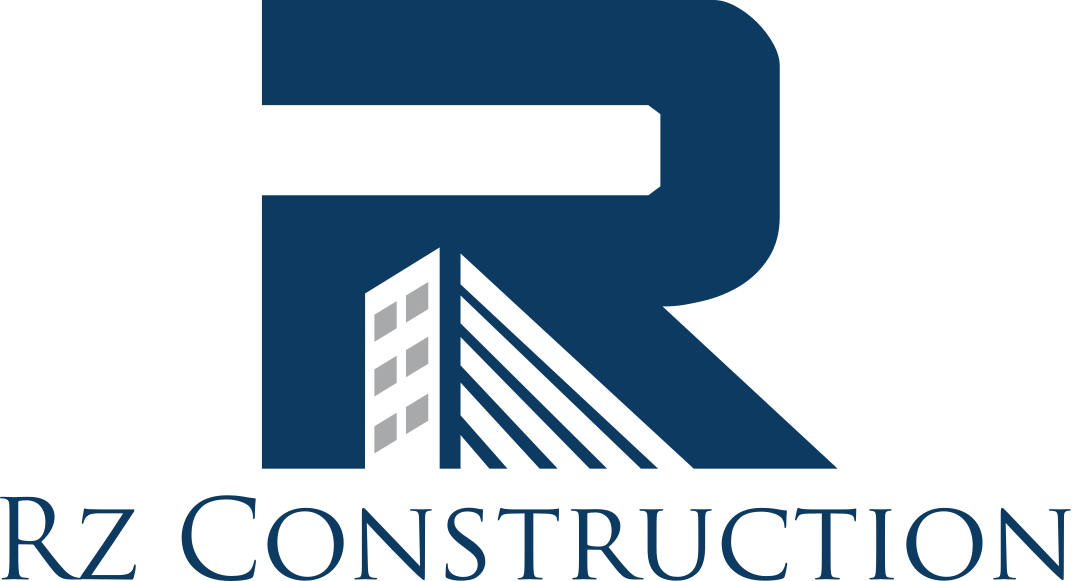Now that you’ve made the decision to start building a home addition, it’s time to start thinking more seriously about the work required to complete the project. While using an experienced general contractor can help keep your addition on track and within budget, disruption and delays can still occur. However, there are a few ways to give yourself the best chance of a successful addition, and get exactly the kind of space you’ve been craving; here are 4 of them:
- Always work with an experienced contractor
It’s essential that the general contractor you choose has plenty of experience with the type of addition you’re planning, and reading reviews from previous customers can help you ascertain their level of skill and professionalism. Carry out research and try to get quotes from more than one contractor to give you a better idea of who might be over or undercharging you. On that note, don’t be tempted to go with the lowest quote automatically, as this isn’t always a guarantee that you’ll get what you want at a lower rate than others are charging.
2. Never underestimate the importance of planning
In reality, a lot of disruptions and delays stem from poor planning during an addition, and good planning is required by both parties: you and your contractor. Make sure your contractor understands what you’re looking for and has detailed every single aspect of it in the contract to avoid any confusion. But remember that should you make any changes to the plan midway through the project, there will inevitably be a delay, and possibly an increase in cost, so always be prepared for that.
3. Always make sure you’ve got the relevant permits
Fortunately, if you work with an experienced construction company with their own general contractor, they will ensure that all necessary permits are gained so that the entire project is compliant with the relevant building codes. However, if you’re not sure whether this aspect of the addition has been taken care of, do be sure to check with the contractor before any work commences.
4. Have a clear timeline in place
Once you and your contractor have formulated a plan, they should have an idea of when the job can realistically be completed. They should be able to lay out a general timeline of when each part of the addition will be completed, but it’s important to recognize that this won’t be an exact timeline, and that some delays may simply be unavoidable. From unexpected weather conditions that could delay the construction teams ability to work or, to backups at the permit office, some delays can be impossible to plan for, but having at least a general idea of the timeline will enable you to hold your contractor accountable so that your project doesn’t end up taking years instead of months!
By keeping the 4 points above in mind and always working with an experienced addition company, you can make delays and disruptions a minor concern.
